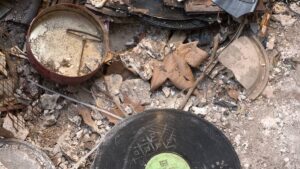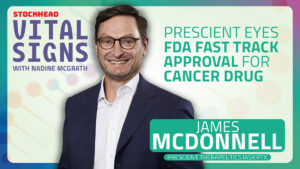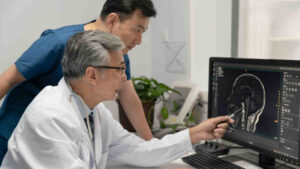Genetic Signatures’ mouth-watering TGA nod for saliva-based Omicron testing kit

Pic: Getty
Among ASX health stocks with news, Genetic Signatures (ASX:GSS) caught the market’s attention with an update on its latest COVID-19 testing product.
The diagnostics company confirmed Australia’s health regulator, the Therapeutic Goods Administration (TGA), recently registered a saliva-based protocol for COVID-19 using the company’s 3base EasyScreen testing kit.
While not flagging any specific commercial benefits from the deal, GSS said the announcement confirms saliva-based testing (and its proprietary technology used in those tests) has the regulatory-backed capacity to become a more common form of COVID-19 detection — particularly for Omicron.
The testing business
“A recent study from scientists in South Africa demonstrated that saliva swabs could be more effective than mid-turbinate nasal swabs in detecting the Omicron variant in PCR based tests, due to a higher viral RNA load in saliva than in nasal samples,” GSS said.
“This is different to other variants such as Delta that are more reliably detected from a nasal swab.”
In that context, CEO Dr. John Melki said it was pleasing the latest saliva-based testing mechanism was approved by regulators so quickly.
“With Omicron becoming the dominant strain of the SARS-CoV-2 virus it is likely that this new methodology will be needed to identify all cases of this new variant,” Melki said.
GSS added that some members of its current client base in the Australian market have already adopted the new saliva-based testing kit.
Since the start of the pandemic, GSS has applied its expertise to the development and sale of COVID-19 testing kits.
Christmas rally
Back in April 2020, the biotech was one of 30 companies that got COVID-19 testing kits approved by the TGA to help combat the first outbreak of the disease.
After treading water for most of last year, shares in GSS rallied hard over the Christmas period following an investor update the company provided on December 21.
The company said half-year revenues were on track to top $21m, following record Q1 sales $12.4m which were supported by “a surge in SARS-CoV-2 testing in Australia”.
UNLOCK INSIGHTS
Discover the untold stories of emerging ASX stocks.
Daily news and expert analysis, it's free to subscribe.
By proceeding, you confirm you understand that we handle personal information in accordance with our Privacy Policy.








